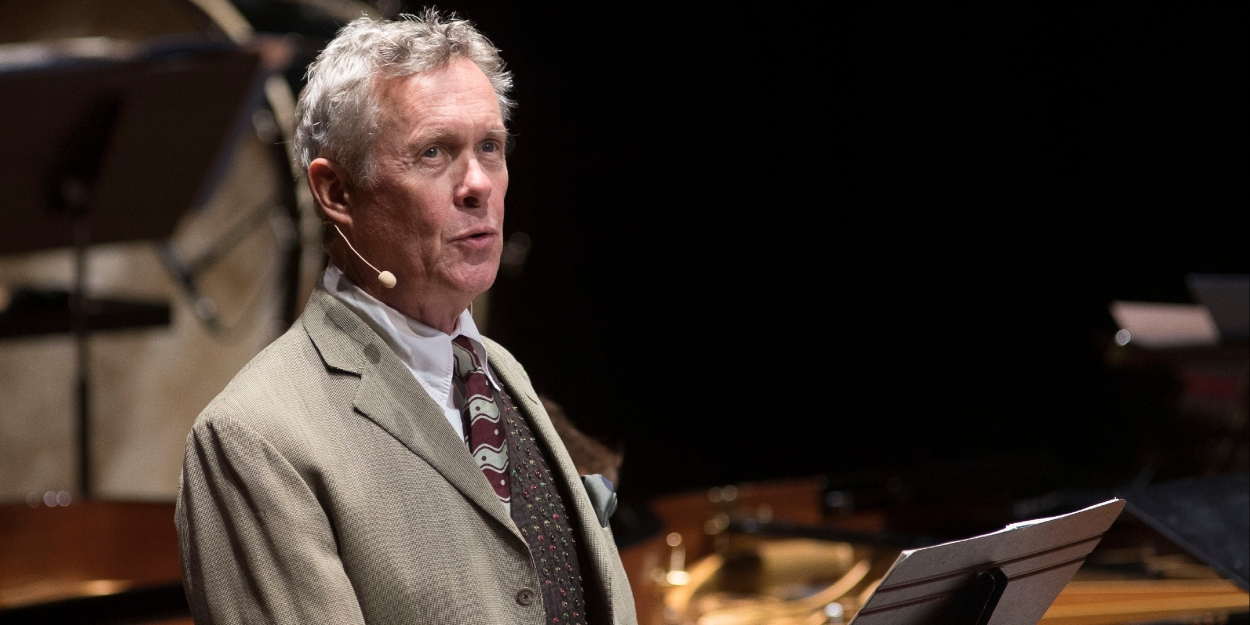Review: PERFECTION, OF A KIND: BRITTEN VS AUDEN, Southbank Centre
A poignant celebration of the artists’ curious friendship and shared artistic virtuosity.

![]() Less a bust up of two of the 20th century’s great British artists, Perfection, of a Kind: Britten vs Auden is a celebration of the artists’ curious friendship, and shared artistic virtuosity. Deftly curated musical and poetic extracts from Auden and a young Britten, it is left up to us to decide how much of Auden’s almost paternal influence rubbed off on the composer.
Less a bust up of two of the 20th century’s great British artists, Perfection, of a Kind: Britten vs Auden is a celebration of the artists’ curious friendship, and shared artistic virtuosity. Deftly curated musical and poetic extracts from Auden and a young Britten, it is left up to us to decide how much of Auden’s almost paternal influence rubbed off on the composer.
Even before their first official meeting in 1935, Britten revered Auden. The two attended the same school in Norfolk, with Auden six years Britten’s senior. The latter would seemingly never shake off that juvenile admiration for the poet and felt himself artistically stunted in comparison to the eloquent wordsmith Auden was. Although he was precocious, Britten was a humble musician who spoke the language of notes and quavers.
Whilst jaunty and smooth, Britten’s "Simple Symphony", written months after his time as a student at the Royal College of Music in 1933, lacks tangible depth. The City of London Sinfonia gorgeously savours its sweet elegance, but the music never quite tugs at the heartstrings in the way his later music so palpably does.
The centrepiece of the night is extracts from The Ascent of F6, a now forgotten play penned by Auden alongside Christopher Isherwood, with Britten on hand as composer. “Wystan Auden sends me a copy of his and Isherwood’s latest…on first glance it looks exciting and good” Britten wrote giddily in his diary 1936.
Thematically provocative and self-consciously lyrical, F6 follows an English mountaineer egged on by his overbearing mother to ascend a dangerous peak. The nuts and bolts of the text are undeniably Auden, but one suspects a strong hint of Brecht about the way it sneeringly provokes its audience. “The stupid peasants, and their stupid peasant children” as part of Auden’s opening monologue.
It is no surprise then that Britten’s incidental music, the Overture and Prelude to Act 2, channel the jazzy melancholy of Weill, Brecht’s musical collaborator. Today F6 is understandably consigned to the history books, but the score is required listening for die-hard Britten fans eager to see a portrait of the artist as a young man.
But Britten and Auden’s collaboration on Night Mail marks a concrete step towards the former's artistic maturity. A documentary produced by the General Post Office Film Unit in 1936, it traces the journey of a midnight mail train as it chugs across a sleeping nation.
Britten’s music channels an atomspheric lyricism charged with the velocity of Auden’s poetry here performed live by the Sinfonia and actor Barrie Rutter. Onomatopeically rich, cutting fast and deep, it no doubt sets the groundwork for Britten’s operas both musically and thematically. One can’t help but smile at it's idiosyncratic celebration of British efficiency and engineering. The original film, available on YouTube, is a must watch.
But it wasn’t all plain sailing for the two. Their operatic collaboration was a commercial and critical failure and marked an artistic nadir. A fallout was inevitable, and the two went their separate ways.
Snippets from their often-troubled relationship is brought kicking and screaming to life by extracts from Alan Bennett’s 2009 The Habit of Art. Imagining a fictional final encounter between the two twenty years after their fallout, veteran actor Alex Jennings, voice bubbling with wistful warmth as Britten, invites us to wonder if it could have been different.
Could Auden have penned more of Britten’s libretti? Maybe it isn’t the most pressing creative “what-if?” of the 20th century but is one that demands contemplating.
Perfection, of a Kind: Britten vs Auden played at the Southbank Centre on 5 Nov
Photo Credits: Belinda Lawley
Reader Reviews
Videos

